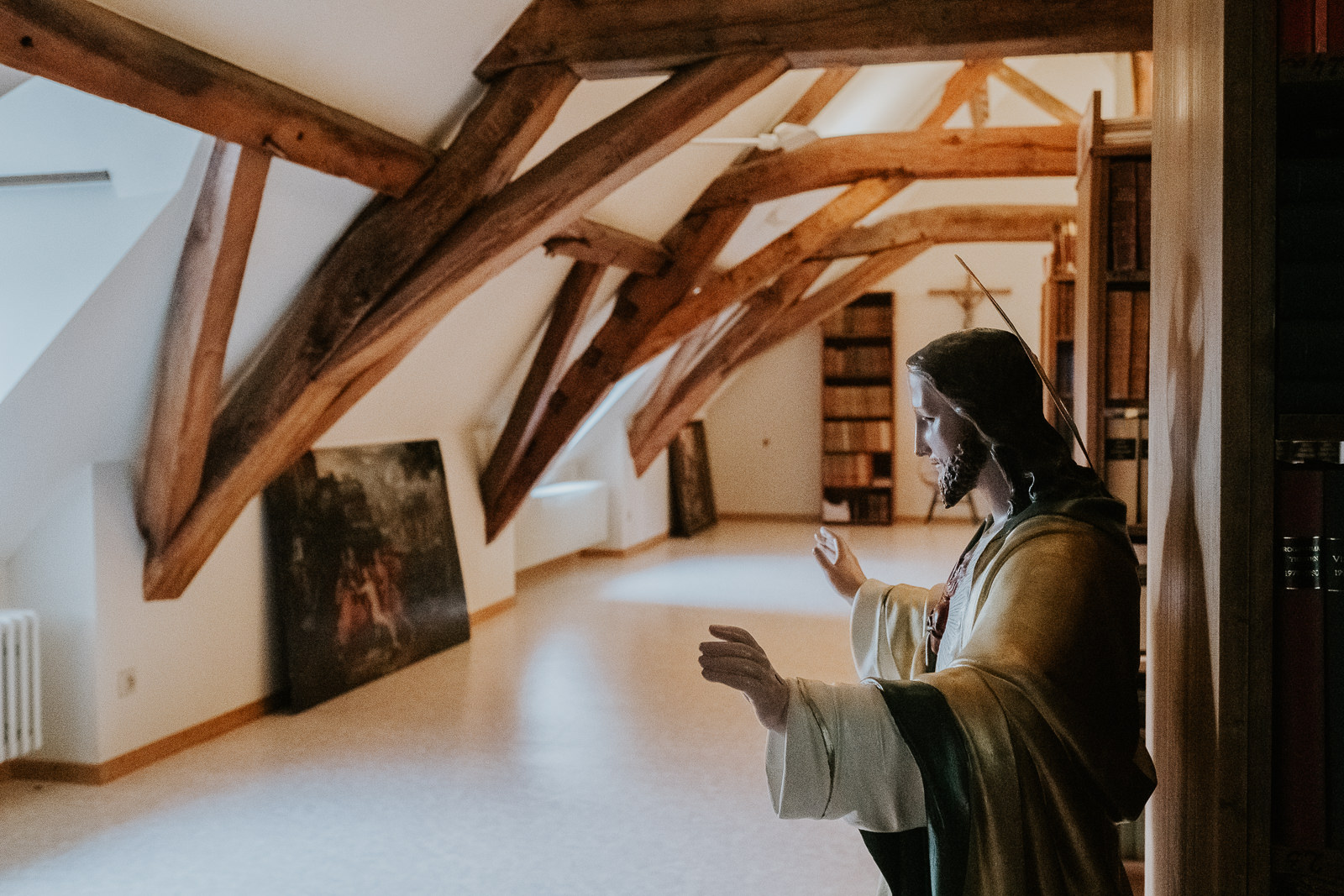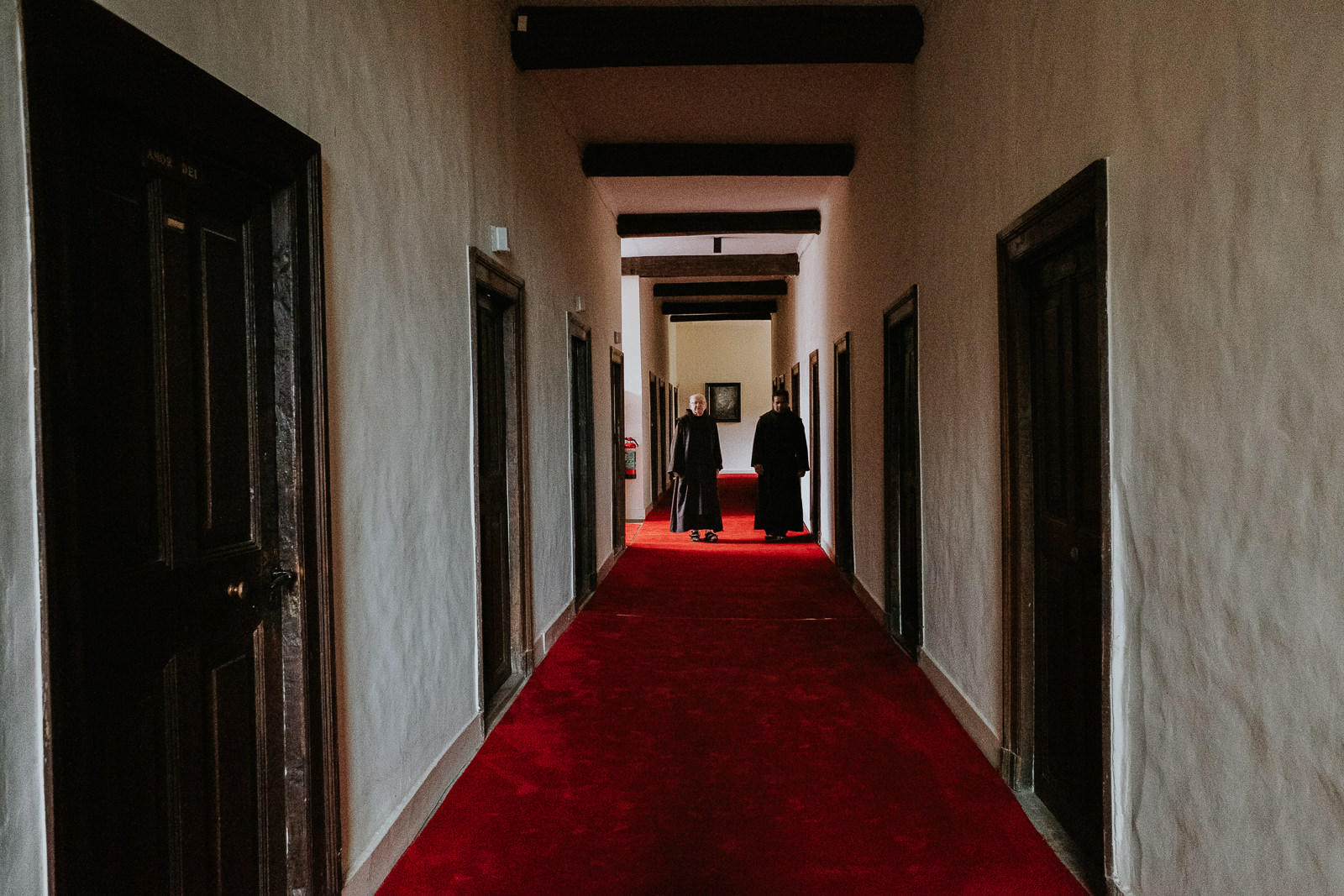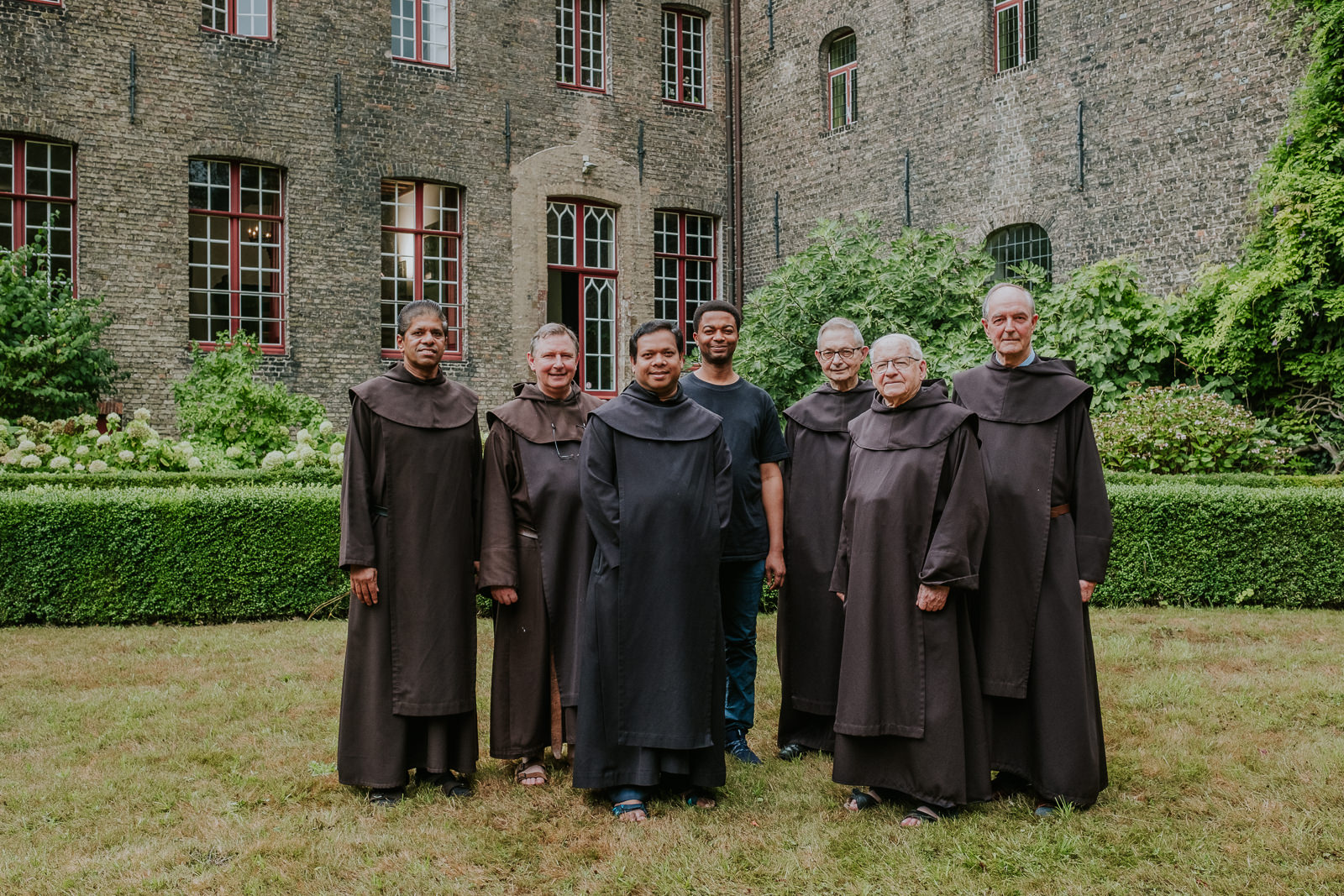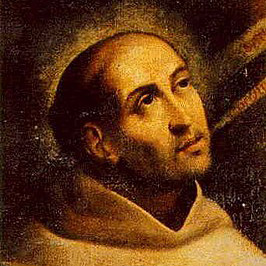Calling
The days when most candidates reported for monastic life at the front gates around their 18th birthday are gone. Those interested often have quite some life experience already, such as education, jobs, and sometimes relationships. What’s more, the world has changed dramatically. Faith is no longer taken for granted and many people are used to making new choices constantly, from holiday destinations to the partners in their lives. As such, the commitment to monastic life has changed too.
Every story of a calling is unique. Some people have felt a pull for monastic life of priesthood from a young age. For others, it takes a turn or even a crisis in their existing lives to discover this new perspective. It is also not obvious that someone who likes to spend time in monasteries, for example for an annual stay of a few days, would consider taking the step to full-time monastic life. A calling for monastic life starts with a growing desire and the perception that this way of life appeals to you. It often feels like coming home to an unexpected destination.
Encounter
In the past, reflection on a calling often started with a special encounter or an exemplary figure, such as the parish priest or a family member in a monastery. Nowadays, it could also be a film, an interview or a book that triggers reflection. In most cases, this search immediately continues on Google. And that is one of the reasons for this website.

Steps
Becoming a monk or nun is not an overnight process. There is plenty of room to grow, step by step, towards the final choice for monastic life and the discernment necessary to make this decision. Even on the part of the Carmel Order, there is always the possibility of putting a stop to the process or even sending a candidate away, although this is almost always done by mutual agreement.
1. ‘Come and see’
Those who are interested can be invited for the ‘Come and see’ programme. This means you will spend three months in a guest room at our monastery in Bruges. It offers an opportunity to experience genuine monastic life. Part of your day will also involve your own programme of introductions on monastic life, the Carmel, and the ecclesiastical landscape of Flanders. After these three months, you will return home for a period of reflection. During this time, you can also talk to experts who can help you with your discernment.
2. Pre-postulate
If this first phase leads to a permanent longing to become a Carmelite, we will ask you to express yourself via a letter. We will then discuss your motivation with several experienced Carmelites and offer you our feedback. After this, you will receive an invitation to the pre-postulate. For six months, you will truly live in the monastery, no longer as a guest but as part of our community. For foreign candidates, this will mainly involve intensive work to learn the Dutch language.
3. Postulate
After the pre-postulate, there is a new period of six months. During this time, there is an emphasis on formation relating to all kinds of aspects of monastic life, from Carmel spirituality to aspects of the order of the day.
4. Novitiate
The novitiate follows the postulate - it means you now actually receive the monastic robe/habit. You are now officially an ‘apprentice Carmelite’. Every day, you will receive education and formation on monastic life in the Carmel. This could also involve foreign programme elements. All this helps you to be more and more immersed in the Carmel. The novitiate lasts one year.
5. Study
Candidates who wish to become friars, instead of opting for priesthood, will be educated in theological and other subjects at an educational establishment in Flanders. What’s more, they will also undergo (additional) professional training that suits their own background and talents.
6. Second novitiate
Shortly before taking your perpetual vows, you will spend a year in a Carmel monastery in Spain, allowing you a better understanding of the international community of the Carmelites - and the primal soil of our order.
7. Vows
During your study period, you will take so-called temporary vows (at least) three times (celibacy, austerity, and obedience). Then comes the time for the solemn or perpetual vows. By taking these vows, you are fully committed to the Order of the Carmelites. In a way, you could compare this to marriage.
Solemn or perpetual vows may be followed by deacon or priest ordination.



